Giovanni Volpe has been interviewed by GU Journalen.
Here you can find the link to the article (text, Swedish)
and to the interview (movie, English).
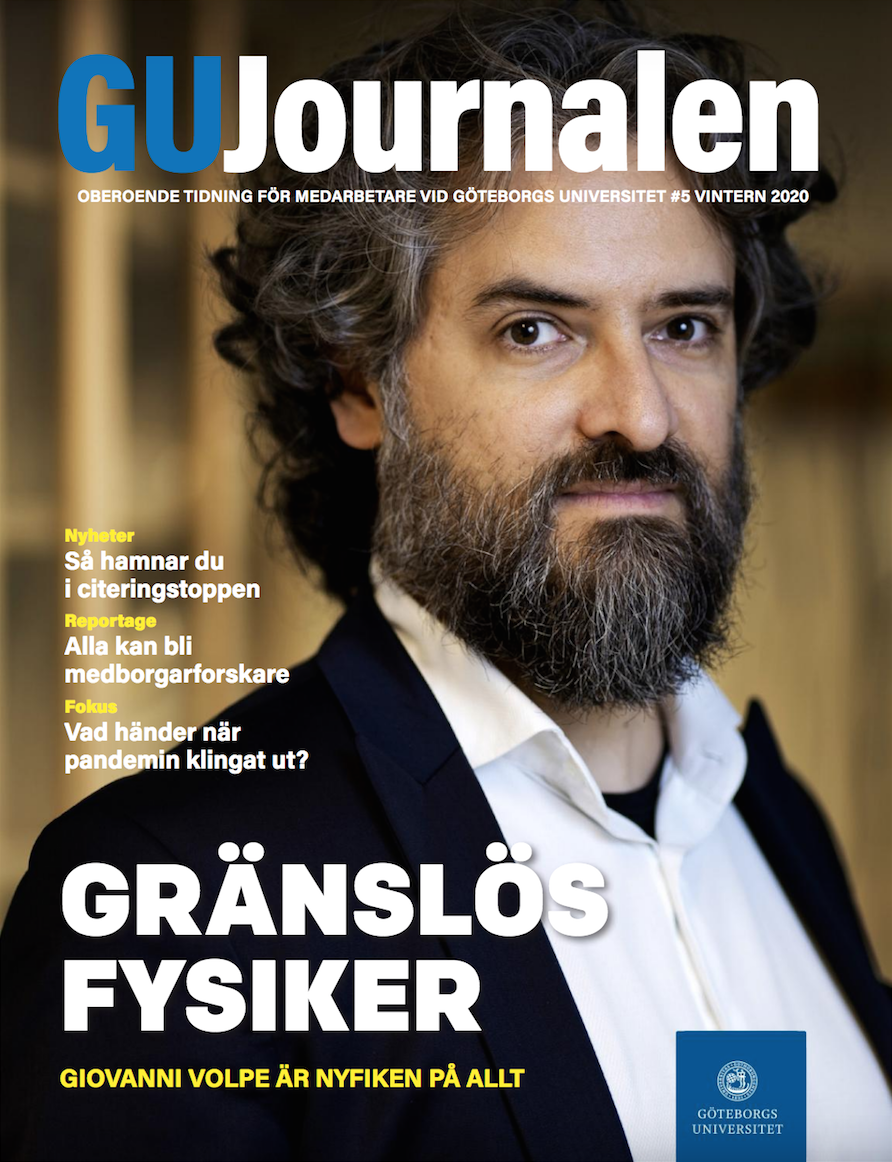
Giovanni Volpe has been interviewed by GU Journalen.
Here you can find the link to the article (text, Swedish)
and to the interview (movie, English).

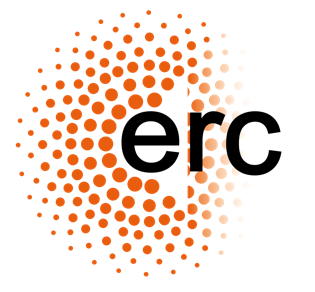
The title of his project is “Microscopic Active Particles with Embodied Intelligence”.
Active particles and active matter research tries to understand and replicate the characteristics of living microorganisms in artificial systems. Over billions of years of evolution, living organisms have developed complex strategies to survive and thrive. The artificial active particles are still incapable of autonomous information processing.
Giovanni Volpe’s project aims to address three main challenges in the current research on active matter:
Links
Giovanni Volpe awarded new ERC Consolidator Grant
Official press release (ERC): CoG Recipients 2020
14 forskare verksamma i Sverige får ERC Consolidator grant
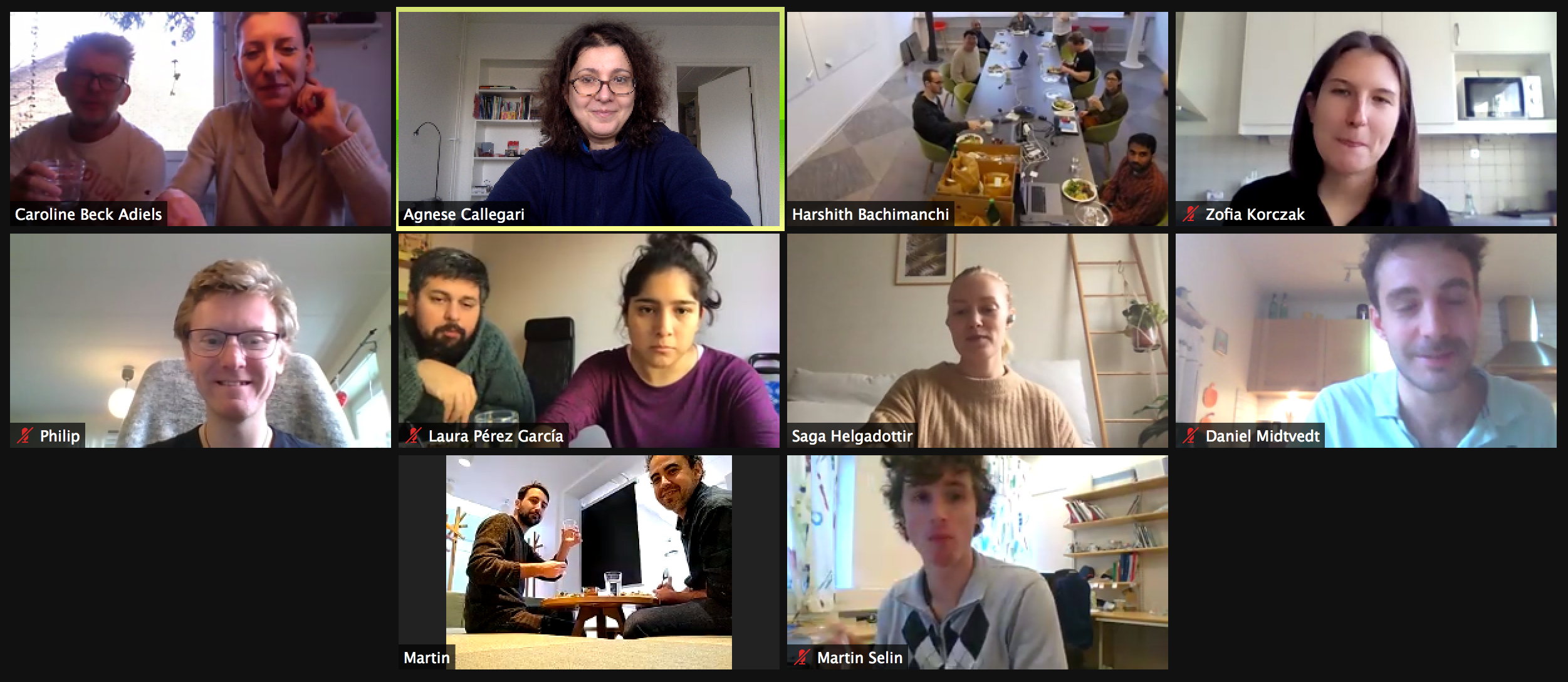
This activity has been held in substitution of the traditional Physics Department Christmas Lunch, which this year cannot take place in the usual format because of the ongoing coronavirus epidemic.
After the usual group meeting, which is held online on Zoom since the beginning of March 2020, the two groups shared a common lunch, in respect of the current recommendations of the Folkhälsomyndigheten, which do not allow public gatherings with more than 8 people.
Several group members joined from their homes. The group members involved in experimental work, who, in any case, had to be present in the respective labs, joined the group lunch from various rooms in Soliden, to comply with the current rules of social distancing.
Screenshots:
On 25 November 2020, Giovanni Volpe gave an online lecture on Graph Theory Concepts, in the scope of Karolinska Institute graduate course 3064: Imaging in Neuroscience: With a focus on structural MRI methods
The lecture is published online on youtube.
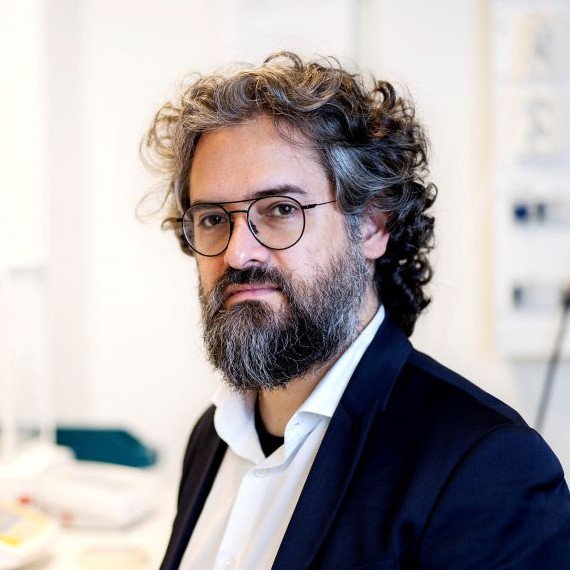
The feature article explains the project and its main aim of creating smart particles that react to their environment to a general audience.
The article is available both in English and in Swedish.
Links:
Skapar smarta partiklar med naturen som förebild (Swedish)
Creating smart particles modeled on nature (English)
Photos of Johan Wingborg, taken from Creating smart particles modeled on nature
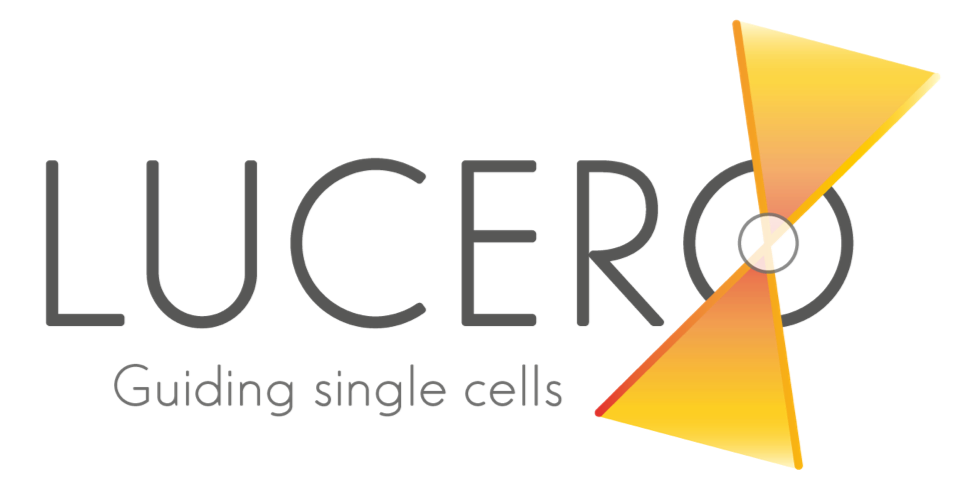 The spinoff Lucero emerged a year ago as a joint effort between the Soft Matter Lab, the Biological Physics Group and the Chalmers School of Entrepreneurship. The idea of providing a non-invasive micromanipulation platform recently received initial support from the European Research Council (Proof of Concept) and Chalmers Ventures. Lucero has now been nominated for “Best HealthTech Startup” in the Swedish national final of the prestigious Nordic Startup Awards. National winners are partially determined by public vote and will go on to compete against the winners from Iceland, Finland, Norway, and Denmark in the Nordic Final.
The spinoff Lucero emerged a year ago as a joint effort between the Soft Matter Lab, the Biological Physics Group and the Chalmers School of Entrepreneurship. The idea of providing a non-invasive micromanipulation platform recently received initial support from the European Research Council (Proof of Concept) and Chalmers Ventures. Lucero has now been nominated for “Best HealthTech Startup” in the Swedish national final of the prestigious Nordic Startup Awards. National winners are partially determined by public vote and will go on to compete against the winners from Iceland, Finland, Norway, and Denmark in the Nordic Final.
The public voting period is now open and the winner of each category will be announced on November 26th.
To vote, click here.
“The first prototype is on its way and we hope to start the initial tests with biological samples pretty soon, all thanks to the support from Chalmers Ventures and Prof. Giovanni Volpe.” Alejandro Diaz, co-founder of Lucero.
Lucero is joined by four other up-and-coming Swedish startups in the HealthTech category, including Spermosens, tendo, Flow Neuroscience, and Deversify.
Other categories include: Startup of the Year, Best Newcomer, Founder of the Year, Investor of the Year, Best Co-working Space, Best Accelerator/Incubator Program, Ecosystem Hero of the Year, Best Virtual Teamwork Solution, People’s Choice, and Best Climate Impact Startup.
The Nordic Startup Awards is part of the Global Startup Awards, which is a large startup competition that aims to recognize and connect entrepreneurs, investors, accelerator/incubator programs, and government initiatives from all around the world.
Follow Lucero’s updates on Lucerobio.com/, LinkedIn, and Instagram.
Links:
LinkedIn: https://www.linkedin.com/company/lucero/
Instagram: https://www.instagram.com/lucero_bio/
Lucerobio: https://www.lucerobio.com/
Aykut Argun (Soft Matter Lab) and Stefano Bo (MPI Dresden) participated in the AnDi Challenge, the Anomalous Diffusion challenge, in all the nine categories.
The challenge consisted of different tasks, specifically:
Each task included modalities for different number of dimensions (1D, 2D and 3D), for a total of 9 subtasks.
Approximately 20 teams from all the world participated in the challenge.
Aykut’s and Stefano’s team, eduN, ranked in the first three positions in all the categories. EduN won the 1st place in 4 of the categories, i.e., Task 2 (1D and 2D), and Task 3 (1D and 3D), the 2nd place in another 4 categories, and 3rd in the remaining category.
The details and the information about the final results can be found on ANDI Challenge final results page: http://www.andi-challenge.org/ (select: Learn the Details and then Final Results)
Here the link to the video of the announcement.
The article Enhanced force-field calibration via machine learning
has been featured in: “Machine Learning Outperforms Standard Force-Field Calibration Techniques”, AIP SciLight (November 6, 2020).
Scilight showcases the most interesting research across the physical sciences published in AIP Publishing Journals.
Scilight is published weekly (52 issues per year) by AIP Publishing.
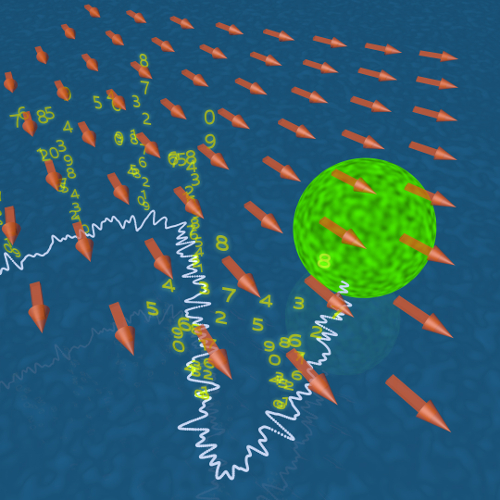
Aykut Argun, Tobias Thalheim, Stefano Bo, Frank Cichos, Giovanni Volpe
Applied Physics Reviews 7, 041404 (2020)
doi: 10.1063/5.0019105
arXiv: 2006.08963
The influence of microscopic force fields on the motion of Brownian particles plays a fundamental role in a broad range of fields, including soft matter, biophysics, and active matter. Often, the experimental calibration of these force fields relies on the analysis of the trajectories of these Brownian particles. However, such an analysis is not always straightforward, especially if the underlying force fields are non-conservative or time-varying, driving the system out of thermodynamic equilibrium. Here, we introduce a toolbox to calibrate microscopic force fields by analyzing the trajectories of a Brownian particle using machine learning, namely recurrent neural networks. We demonstrate that this machine-learning approach outperforms standard methods when characterizing the force fields generated by harmonic potentials if the available data are limited. More importantly, it provides a tool to calibrate force fields in situations for which there are no standard methods, such as non-conservative and time-varying force fields. In order to make this method readily available for other users, we provide a Python software package named DeepCalib, which can be easily personalized and optimized for specific applications.
Funding:

|
H2020 European Research Council (ERC) Starting Grant ComplexSwimmers (677511). |
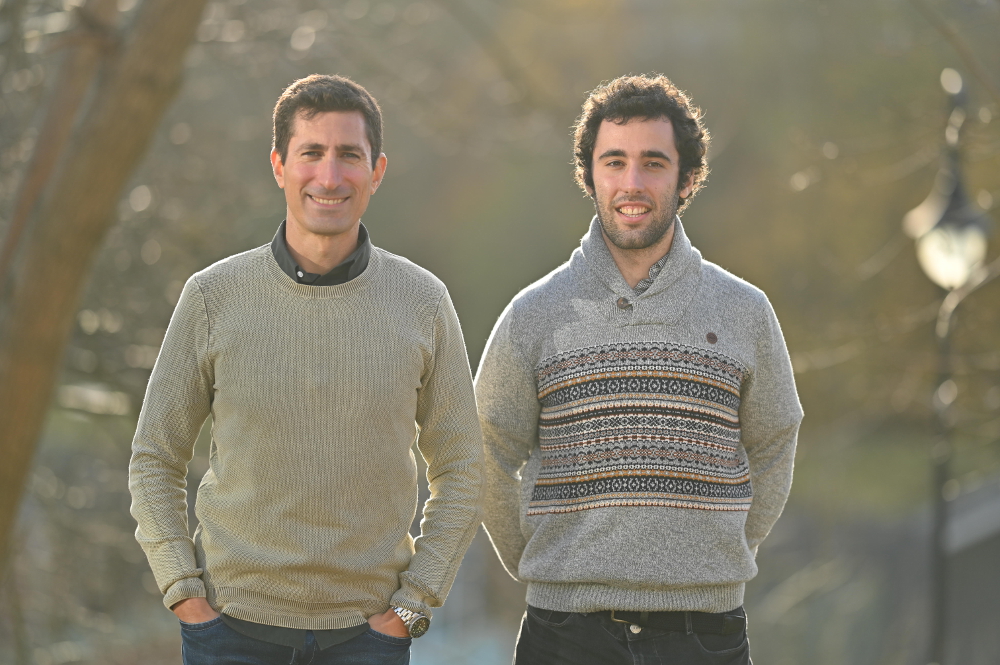 Alessandro Magazzù and David Bronte Ciriza are visiting the Soft Matter Lab from 2 to 9 November 2020.
Alessandro Magazzù and David Bronte Ciriza are visiting the Soft Matter Lab from 2 to 9 November 2020.
Alessandro is currently Post Doc at the IPCF-CNR Messina, Italy, and David is a PhD student at the same institution, and he is one of the ESRs (Early Stage Researchers) of the ActiveMatter MSCA-ITN-ETN.
They will be working on a neural network approach to the calculation of optical forces and torques on dielectric particles in the geometrical optics approximation.
(Foto by Aykut Argun)